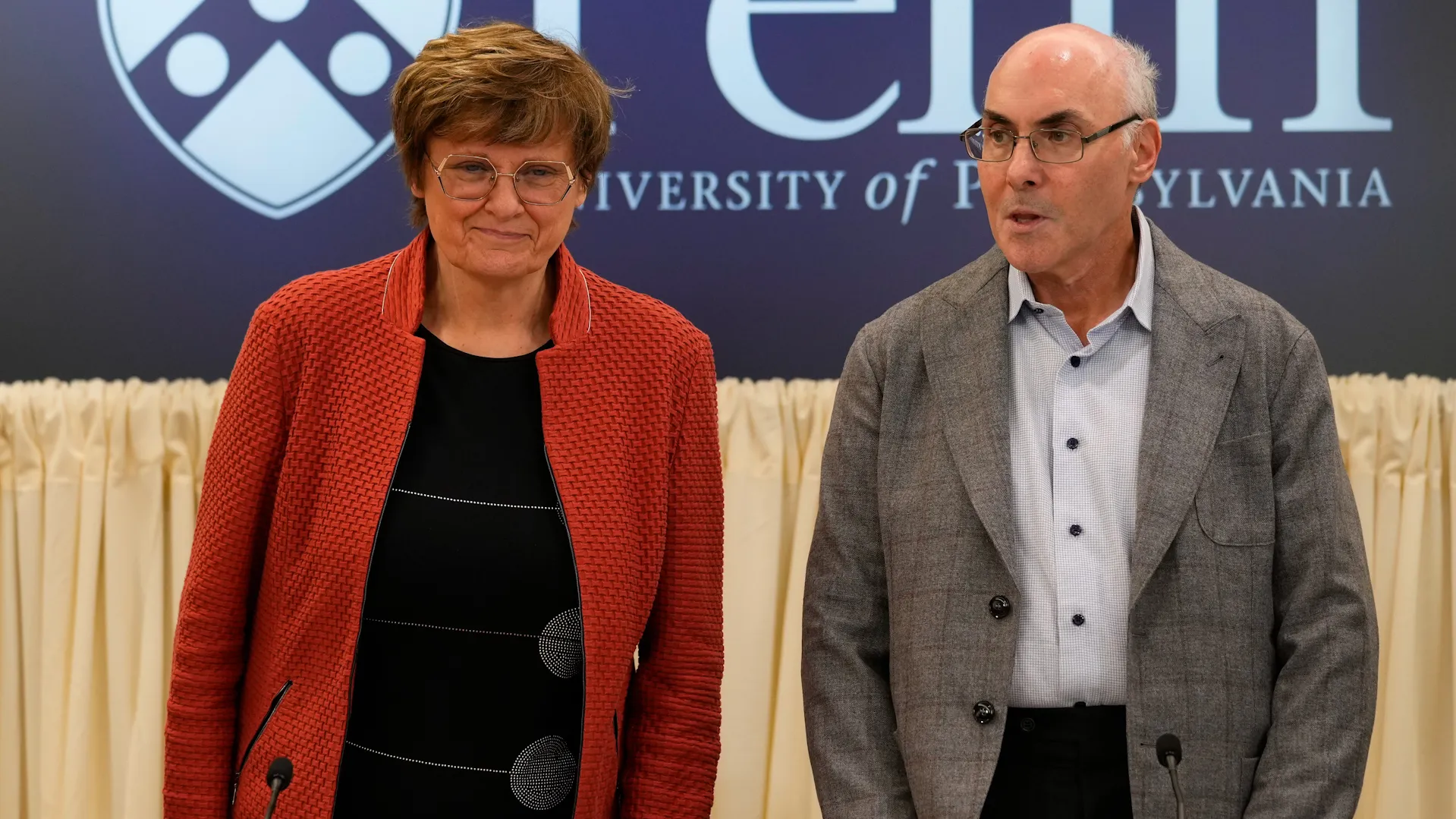Three years after the first mRNA-based vaccines became available, to prevent COVID-19, the Nobel Prize in Physiology and Medicine was awarded to two scientists who made those vaccines possible. Katalin Kariko and Dr. Drew Weissman were recognized for their work modifying the genetic material mRNA to make it more useful in treatments like vaccines.

When they met at the University of Pennsylvania in the 1990s, Kariko had been a longtime champion of mRNA technology, but struggled to convince the rest of the scientific community of its promise since RNA was notoriously unstable and had not produced any meaningful treatments. Weissman was working on developing an HIV vaccine, and thought an mRNA approach might be worth a try. The rest is now Nobel history.
Here are some of the highlights of their journey:
- mRNA theoretically held a lot of promise in being able to treat genetic and infectious diseases, but also tended to aggravate the immune system, creating a dangerous inflammatory reaction.
- Kariko and Weissman spent decades figuring out that changing the mRNA code slightly would make it less prone to stimulating this aggressive inflammatory response.
- Their discovery made the COVID-19 vaccines possible, and is now being
The winners
- Hungarian scientist Katalin Kariko and her US colleague Drew Weissman, who met for the first time while waiting in the queue for a photocopier before making mRNA molecule discoveries, paving the way for Covid-19 vaccines, won the 2023 Nobel Prize for Medicine on Monday.
The discovery
- The discoveries by the two Nobel Prize scientists were critical for developing effective mRNA vaccines against Covid-19 during the pandemic that began in early 2020.
- Through their groundbreaking findings, which have fundamentally changed our understanding of how mRNA interacts with our immune system, they contributed to the unprecedented rate of vaccine development during one of the greatest threats to human health in modern times.
The research
- Kariko, 68, and Weissman, 64, longstanding colleagues at the University of Pennsylvania in the US, have already won a slew of awards for their research.
- In recognising the duo this year, the Nobel committee broke with its usual practice of honouring decades-old research, aimed at ensuring it has stood the test of time.
- While the prizewinning research dates back to 2005, the first vaccines to use the mRNA technology came out just three years ago and is now being used to develop other treatments for diseases and illnesses such as cancer, influenza and heart failure.
Prize money
- The pair will receive their prize, consisting of a diploma, a gold medal and a $1 million cheque, from King Carl XVI Gustaf at a formal ceremony in Stockholm on December 10, the anniversary of the 1896 death of scientist Alfred Nobel who instituted the prizes in his last will and testament.
Last year’s winner
- Last year’s medicine prize went to Swede Svante Paabo for sequencing the genome of the Neanderthal and other past winners include Alexander Fleming, who shared the 1945 prize for the discovery of penicillin.
